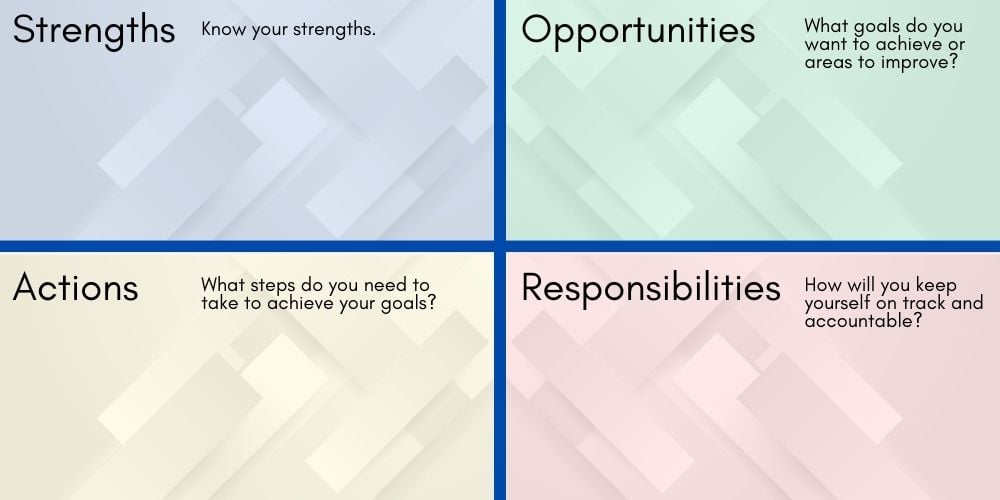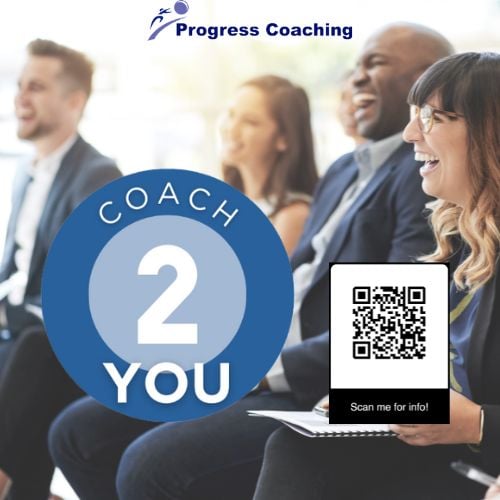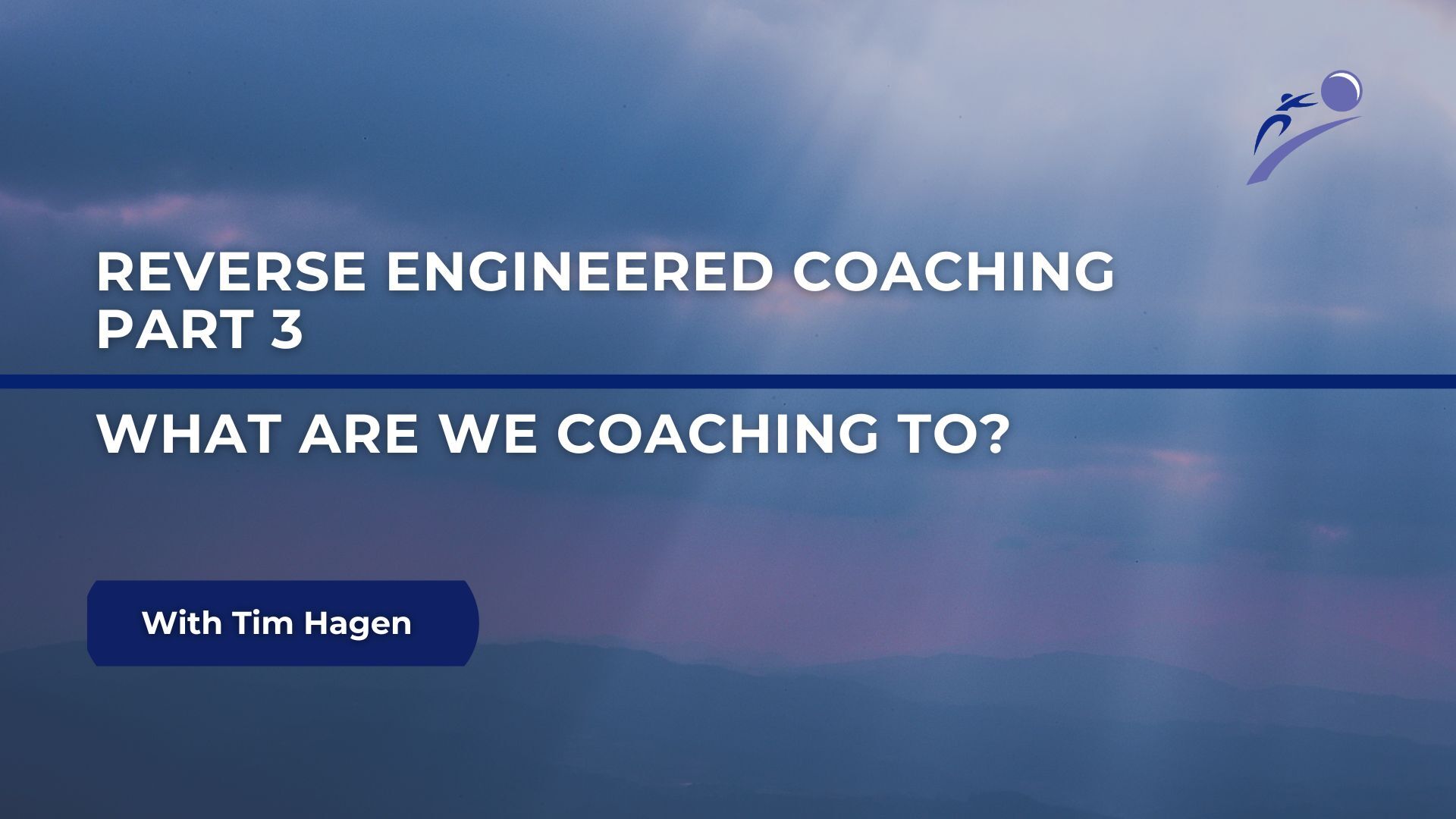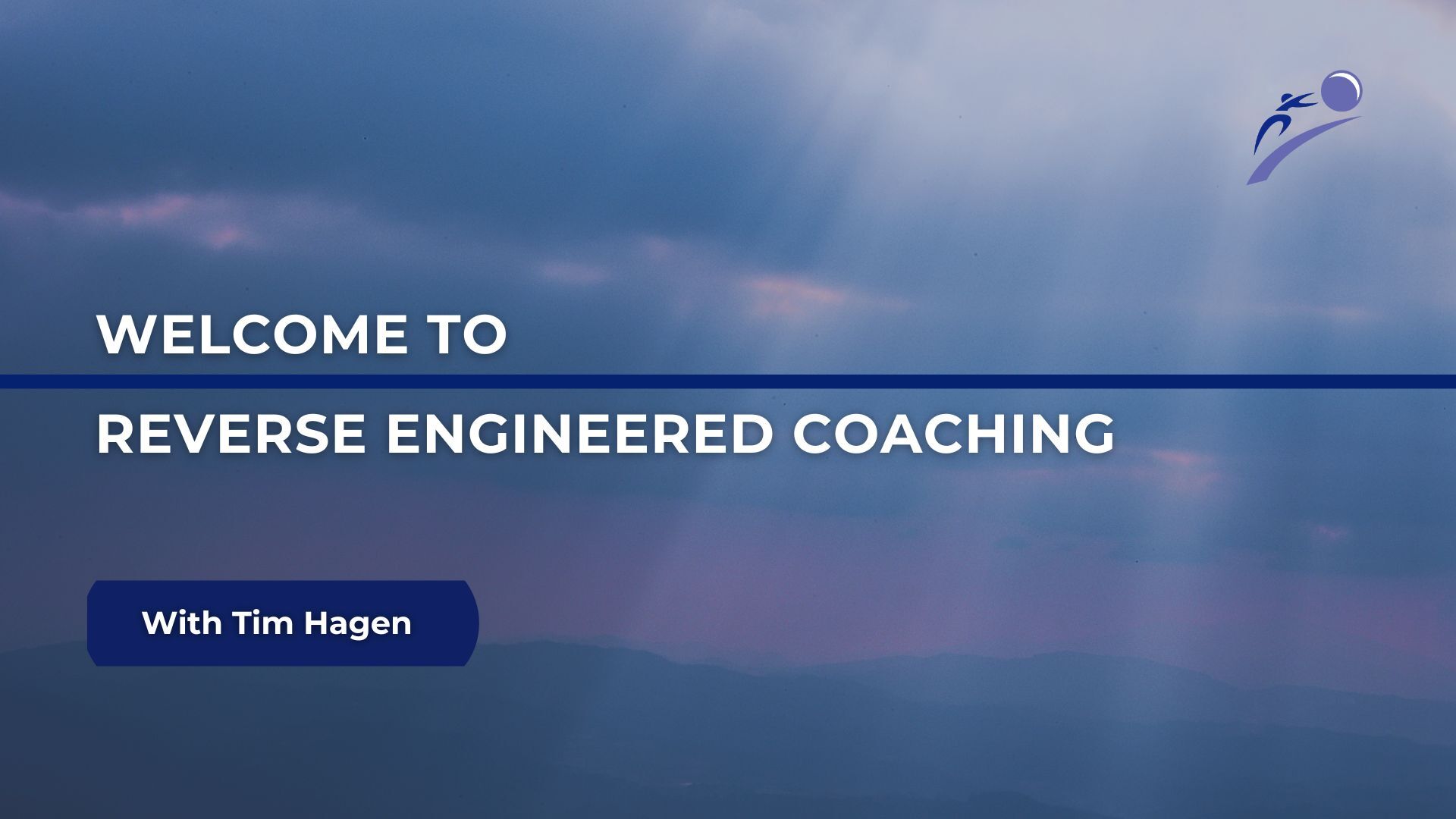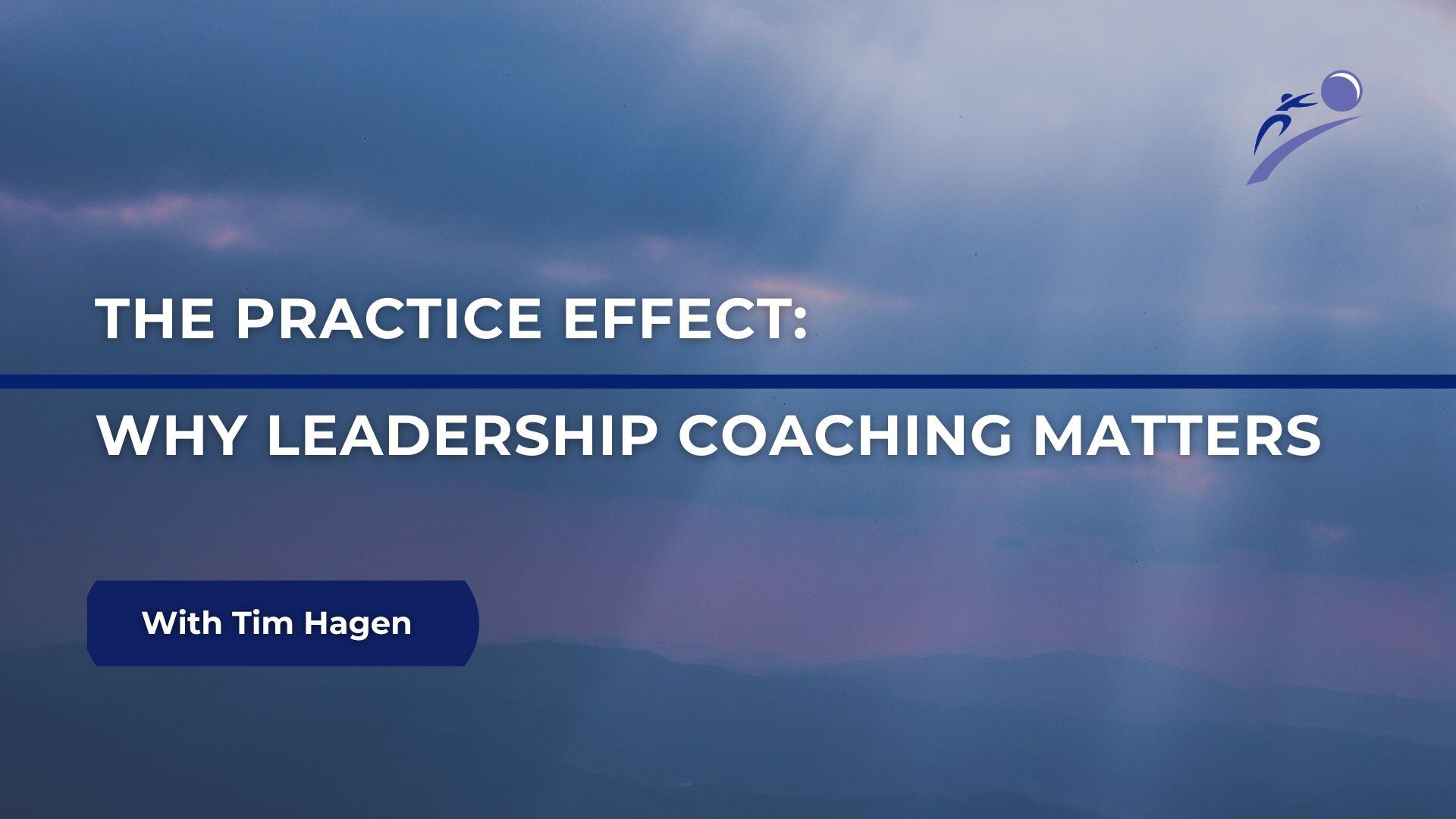Unlock your full potential with the transformative power of self-assessment! Our latest episode is a treasure trove of insights, as we sit down with a guest expert to delve into the world of SOAR analysis. This innovative approach moves beyond the traditional SWOT by emphasizing strengths and opportunities over weaknesses. Prepare to reshape your challenges and amplify your strengths like you never thought possible.
During our riveting conversation, we dissect the four key components of SOAR: Strengths, Opportunities, Actions, and Responsibilities. Our expert sheds light on how you can identify your capabilities and, more importantly, how to harness them for personal and professional growth. Whether you aim to nourish a growth mindset within your team or elevate your own game, this episode is your roadmap to proactive improvement and embracing responsibility—all through the lens of constructive coaching. Join us on this enlightening journey and watch as your strengths soar to new heights.
One of the greatest exercises in knowing your strengths is to do something called a SOAR analysis. S-O-A-R. There are four quadrants: the upper left is S, across to the right is O, at the lower left is A, and then R in the lower right. S is Strengths, O is Opportunities, A is Actions, R is Responsibility. It's something that's a derivative of the SWOT analysis, which is strengths, weaknesses, opportunities, and threats, but I look at it differently. I don't like the word weaknesses because that instills something emotional in people. When you instead think about a weakness as an opportunity, you reframe your relationship with it.
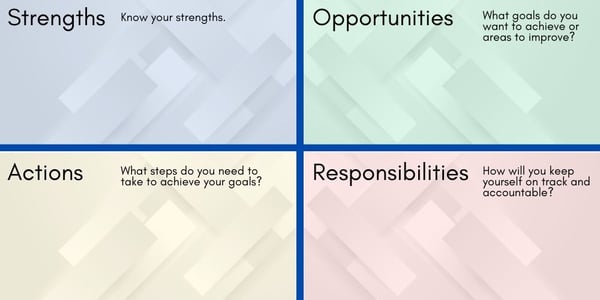
Make a list of your top five Strengths that you've exhibited this year.
Then make a list of two or three Opportunities where, if you improved, you would protect your strengths. Isn't that interesting?
The A is what Actions do you need to take to facilitate the improvement in the opportunity section?
Then here's the cool one. What's your Responsibility, or what will be your responsibility, or how will you demonstrate responsibility, executing, sharing, and communicating the progress of protecting your strengths and improving in your opportunity area?
You can do this for yourself, and your people do this for themselves as well.
One of the things I love that we do at our company is we teach people how to coach to assessment results. SOAR is an assessment, but it's really an analysis. When you get those results, the person has opened the door to be coached. If you do this for yourself and hand it to your boss, you've opened yourself to be coached. You've made it easier.
I just heard this the other day at a company where the whole company of about 1,000 employees had this general consensus that coaching was a bad thing. "I have to be coached. It's punitive, and I must be doing something wrong."
I said, "Wait a minute, how did you get to that assumption?" They told me it was the message they received from a leadership book they were reading, one I had read before as well. Somehow, the message behind what coaching really accomplished and what effective coaching looked like got misconstrued or misunderstood. Coaching is about leveraging your strengths to create more opportunities and addressing those opportunities to build more strengths.
QUESTIONS FOR EMPLOYEE SOAR SELF-ASSESSMENTS
Strengths:
-
What do you do in your role really well? What do you do outside of your role really well? Why?
-
What areas do you view as your strengths? Why?
-
What things do you like about your job? What things do you love about your job? What things do you not like about your job? Why?
-
What things do people come to you asking for your help with? Why do you think they come to you for those? Do you feel those areas are strengths of yours, and why?
Opportunities:
-
What skill or position do you want to obtain or achieve that will lead you to your desired end goal?
-
What partnerships or collaborations can you pursue to help you achieve that?
-
What things could help you achieve those goals that are opportunities for you to improve or pursue?
-
What areas of opportunities do you have a desire to improve or pursue that you haven't devoted as much energy to as you would like?
Actions:
-
What are two things you could start doing right now on your own that would facilitate momentum in the direction of your opportunity (desired goal)?
-
What actions are you positively committed to doing right now that can help you achieve that?
Responsibilities:
-
What will be your responsibility to execute, share, and communicate your opportunity? How will you do it?
-
How will you demonstrate your progress to others, meaning how will you keep yourself accountable to stick with the actions you've planned?
-
What kind of tracking system or communication method would you like to put together to help keep you on track to achieve your goal(s)?
We have created a NEW service called Coach 2 YOU where leaders can assist short, targeted 7-day to 21-day programs to coach their employees without ANY of their own time to truly partner and assist in the coaching process.
Get more info here: https://form.jotform.com/233504052497051


